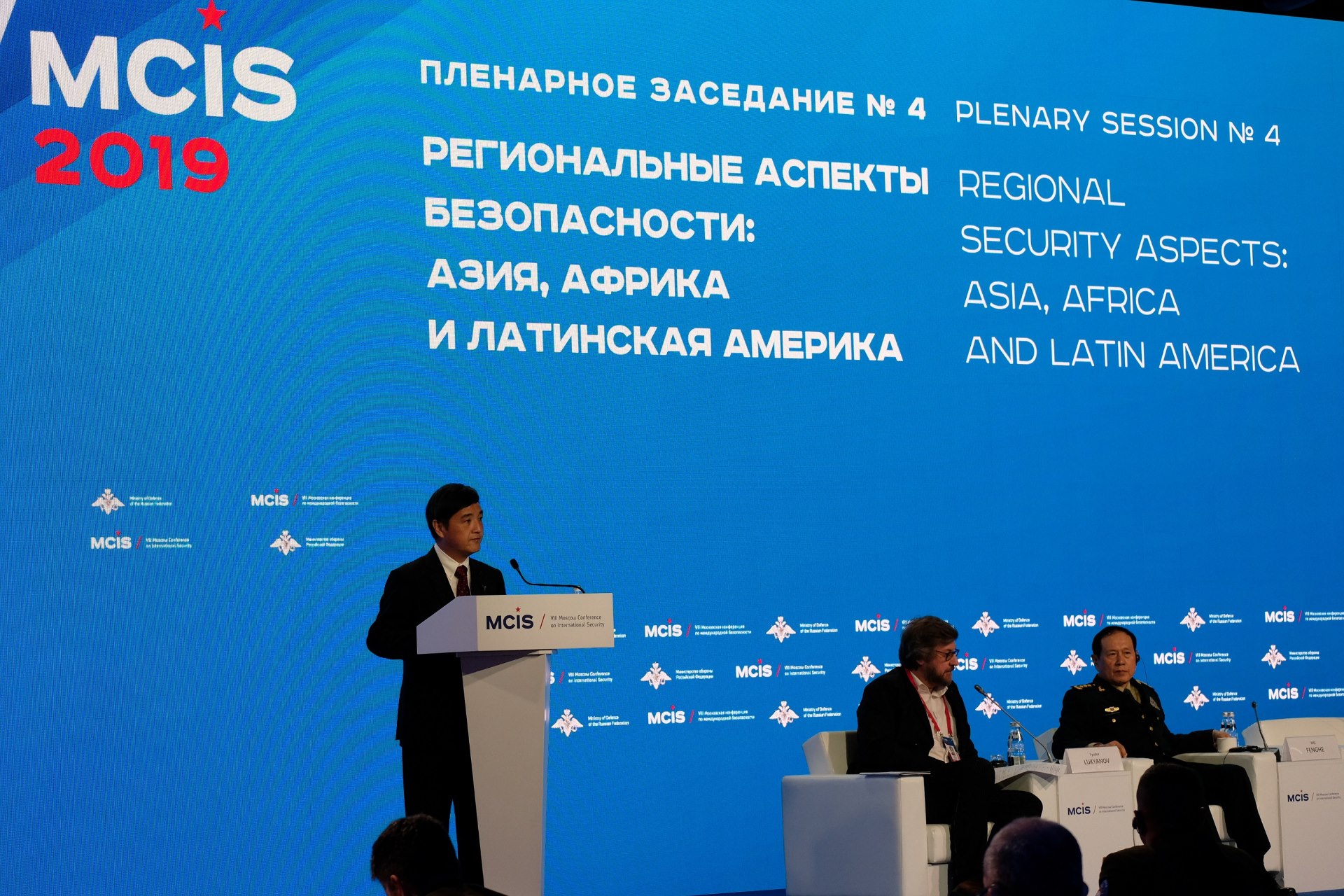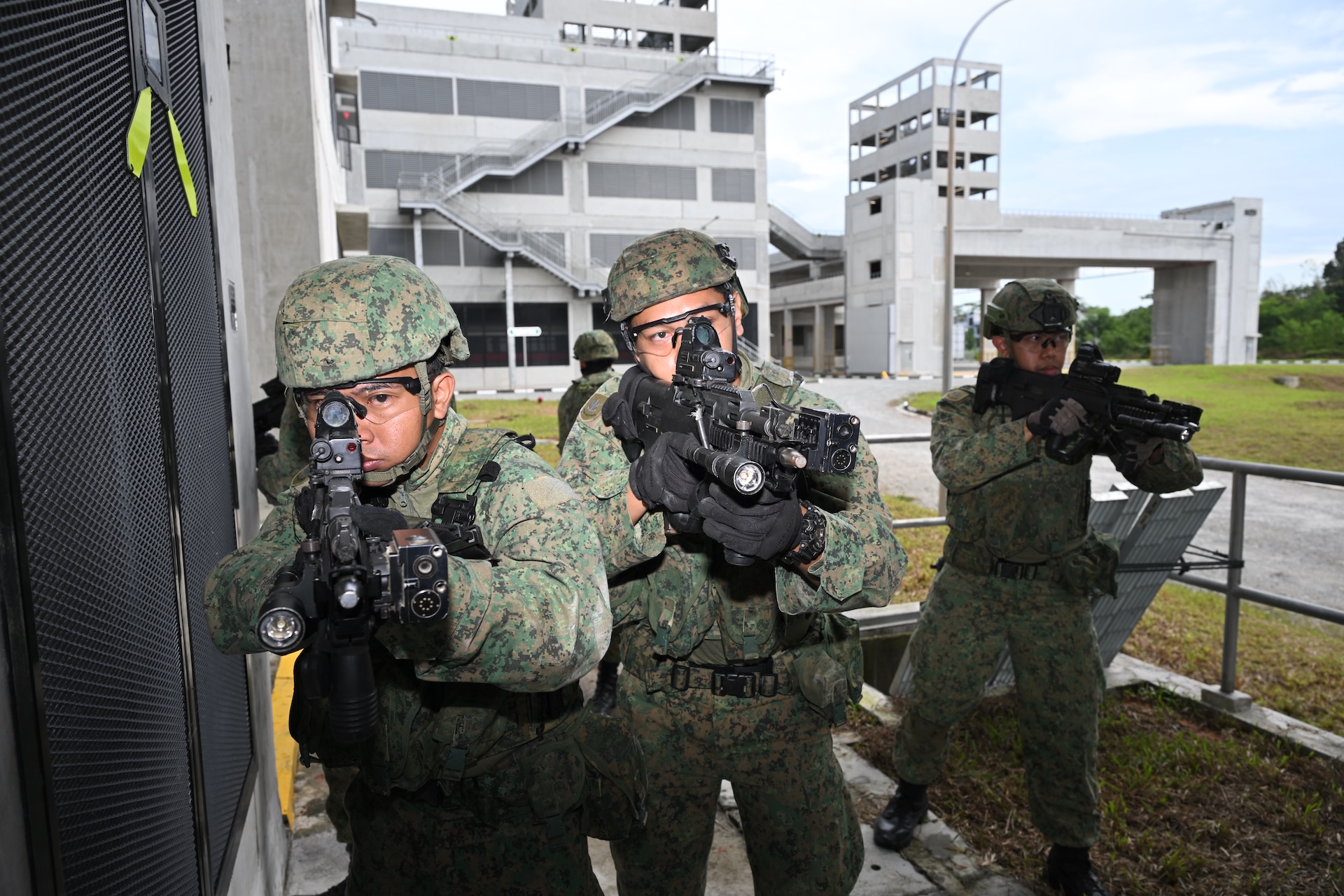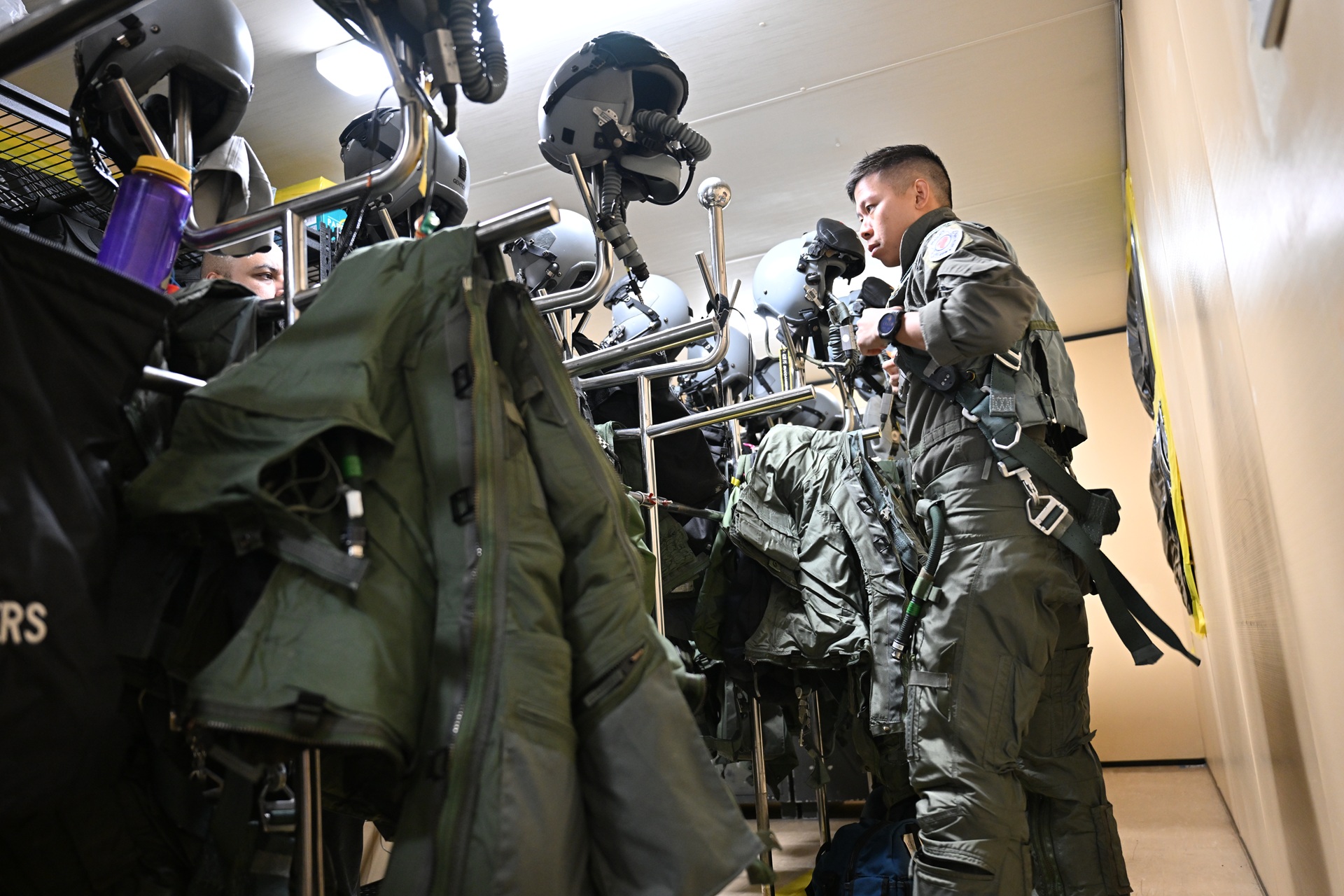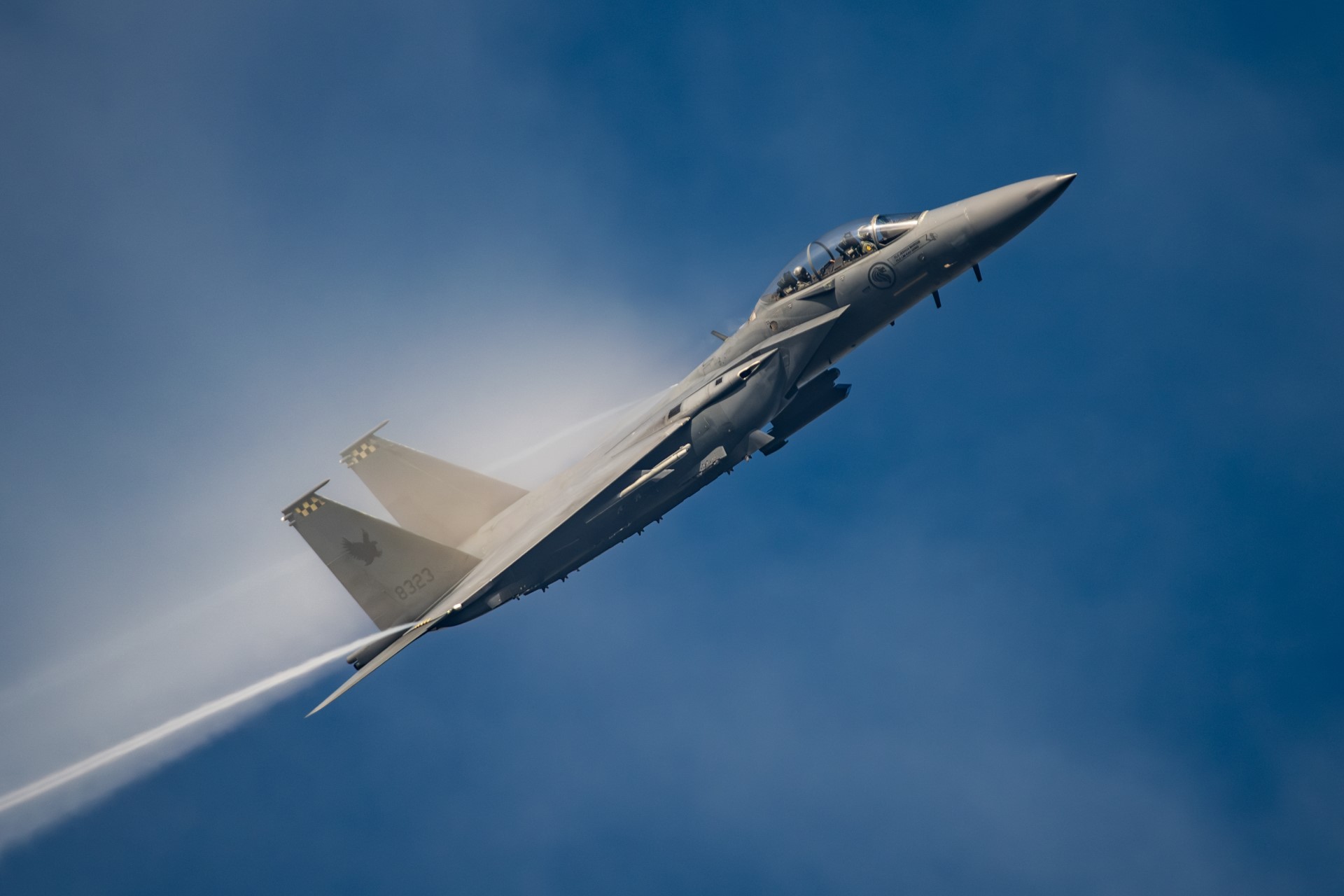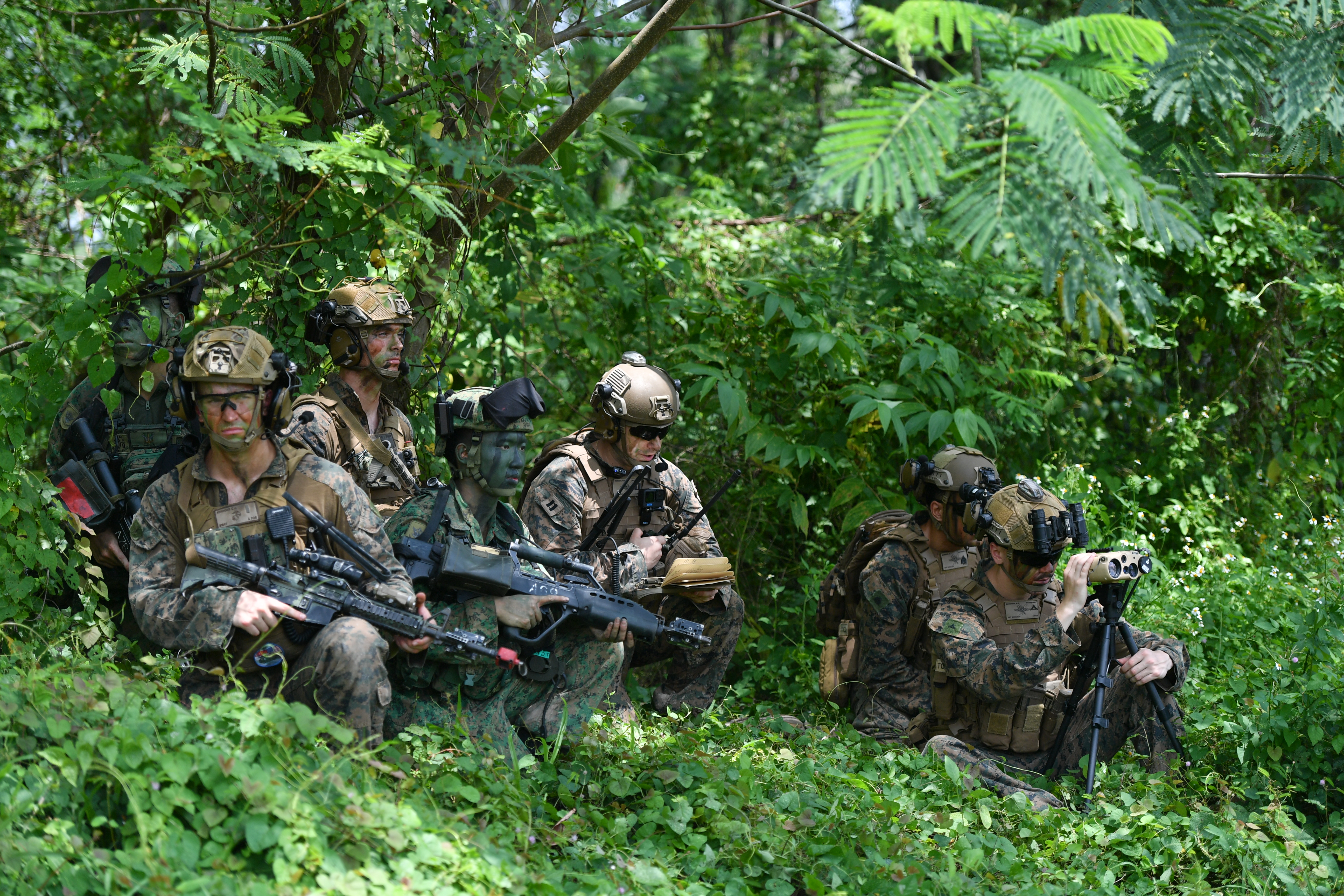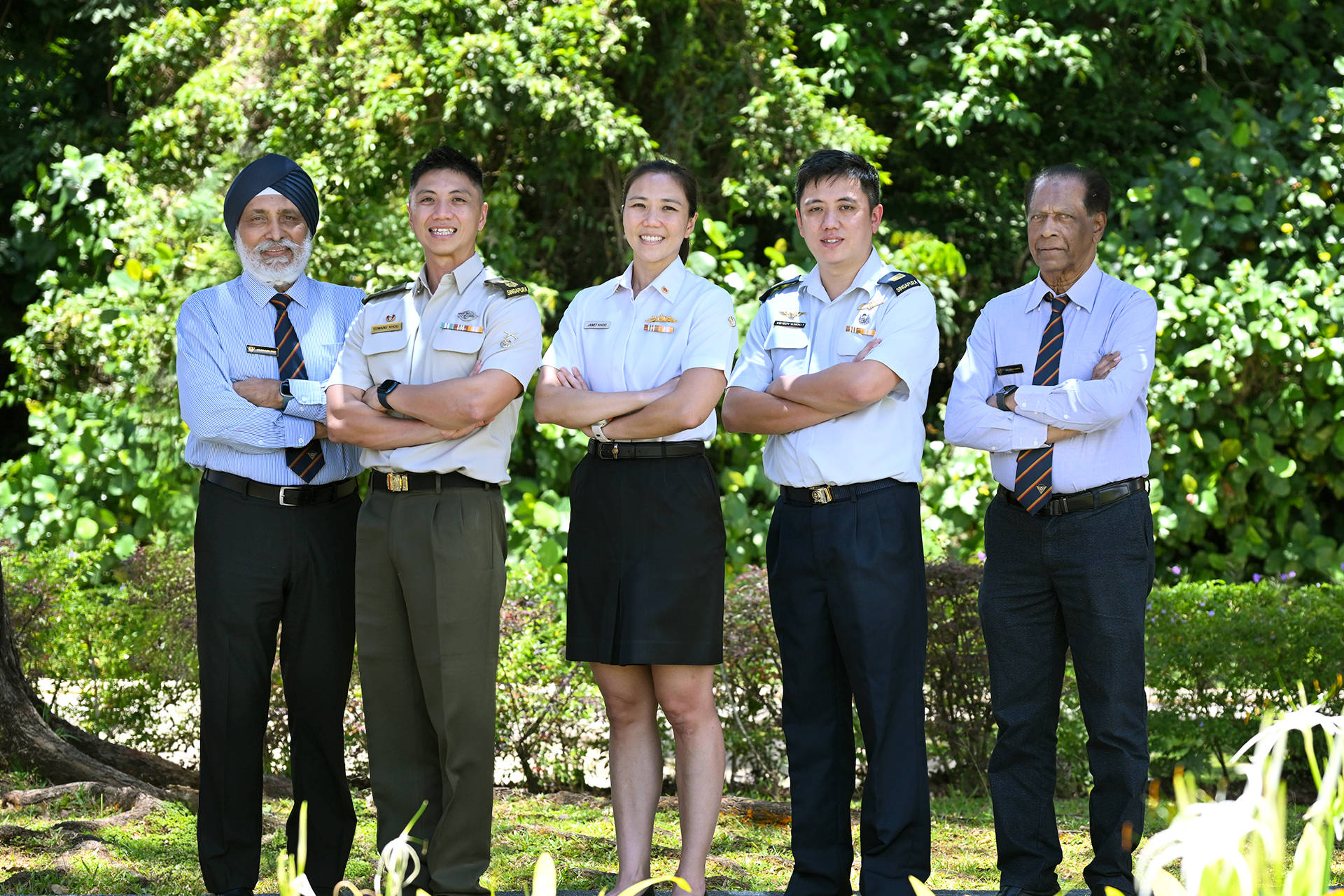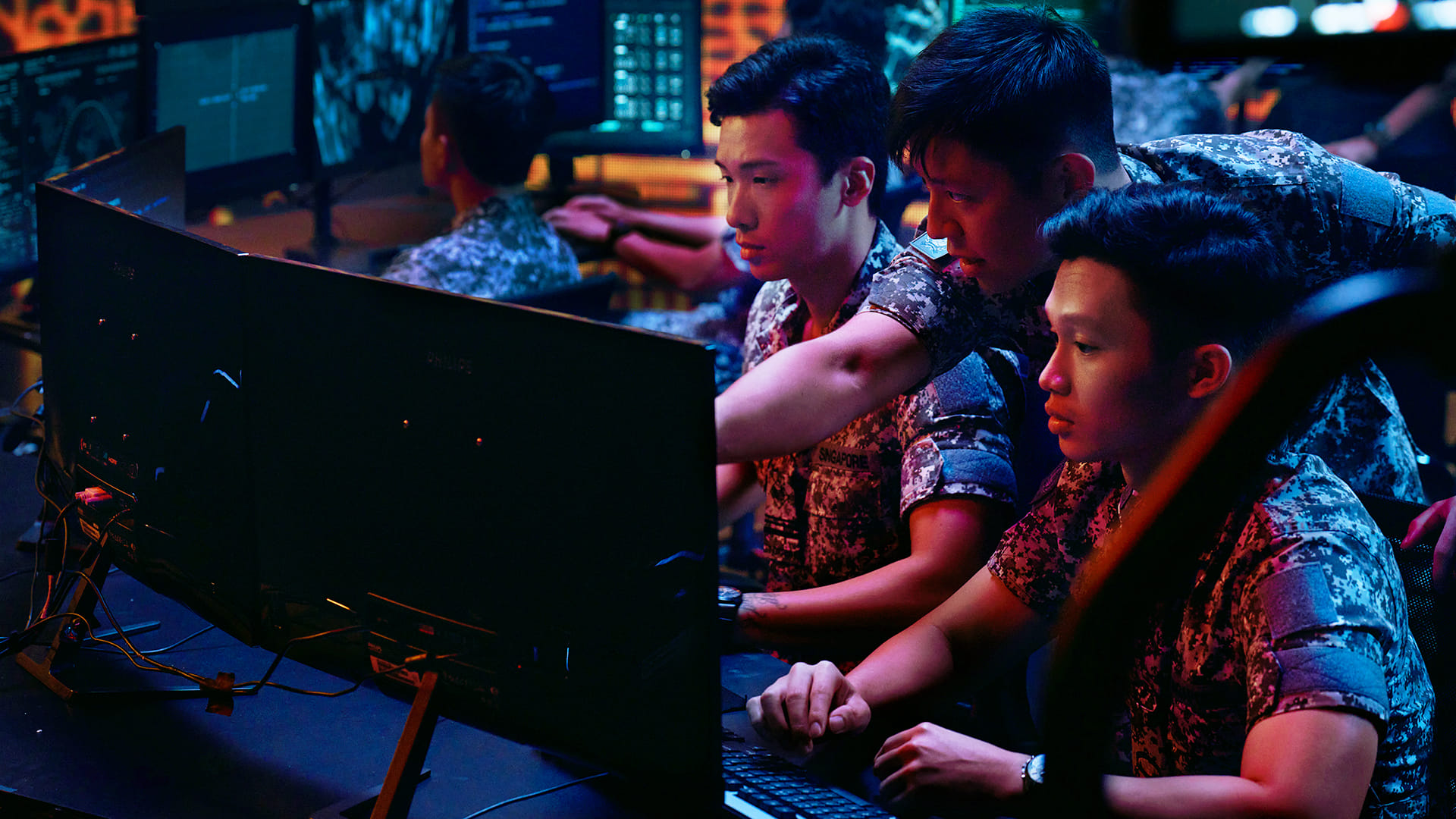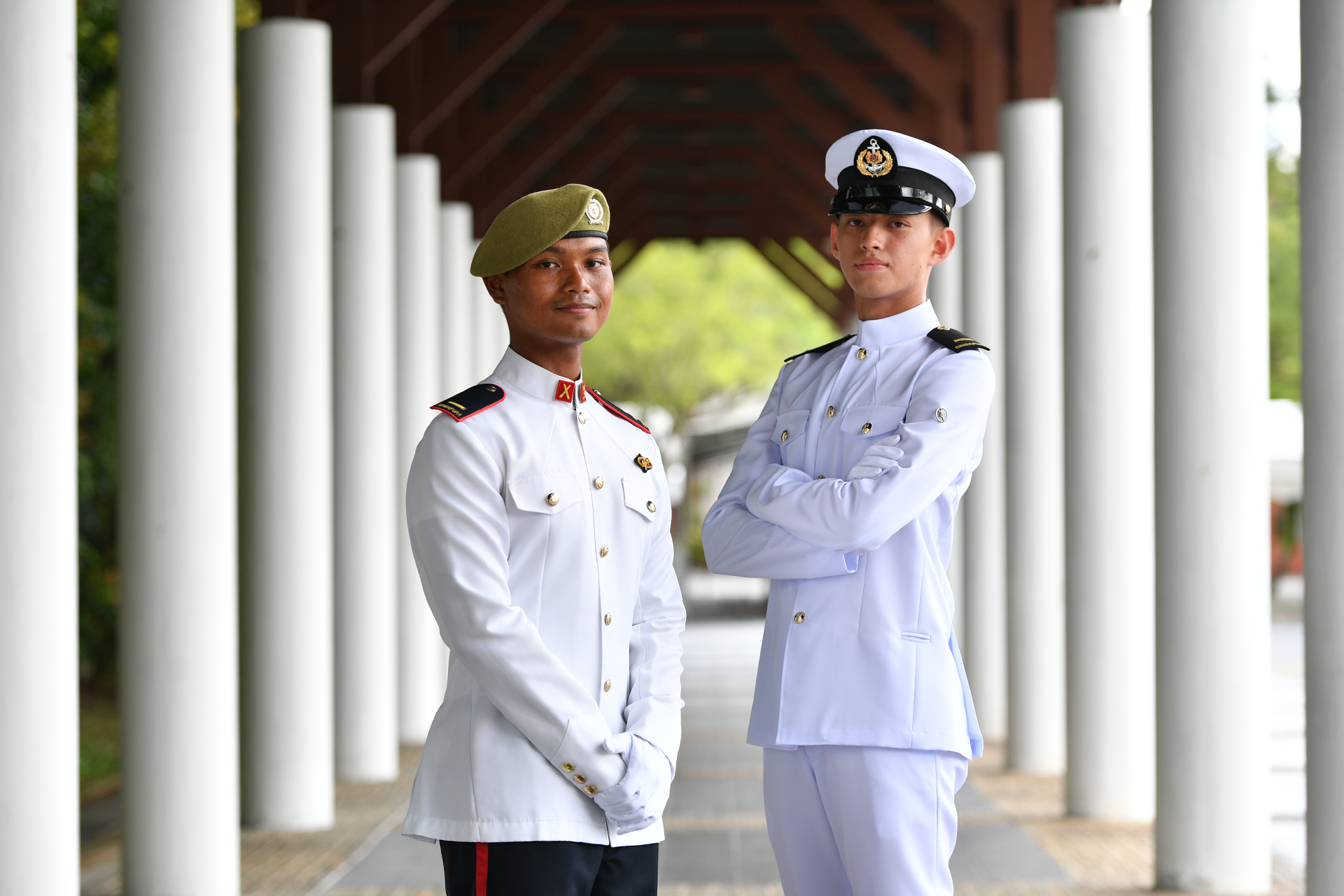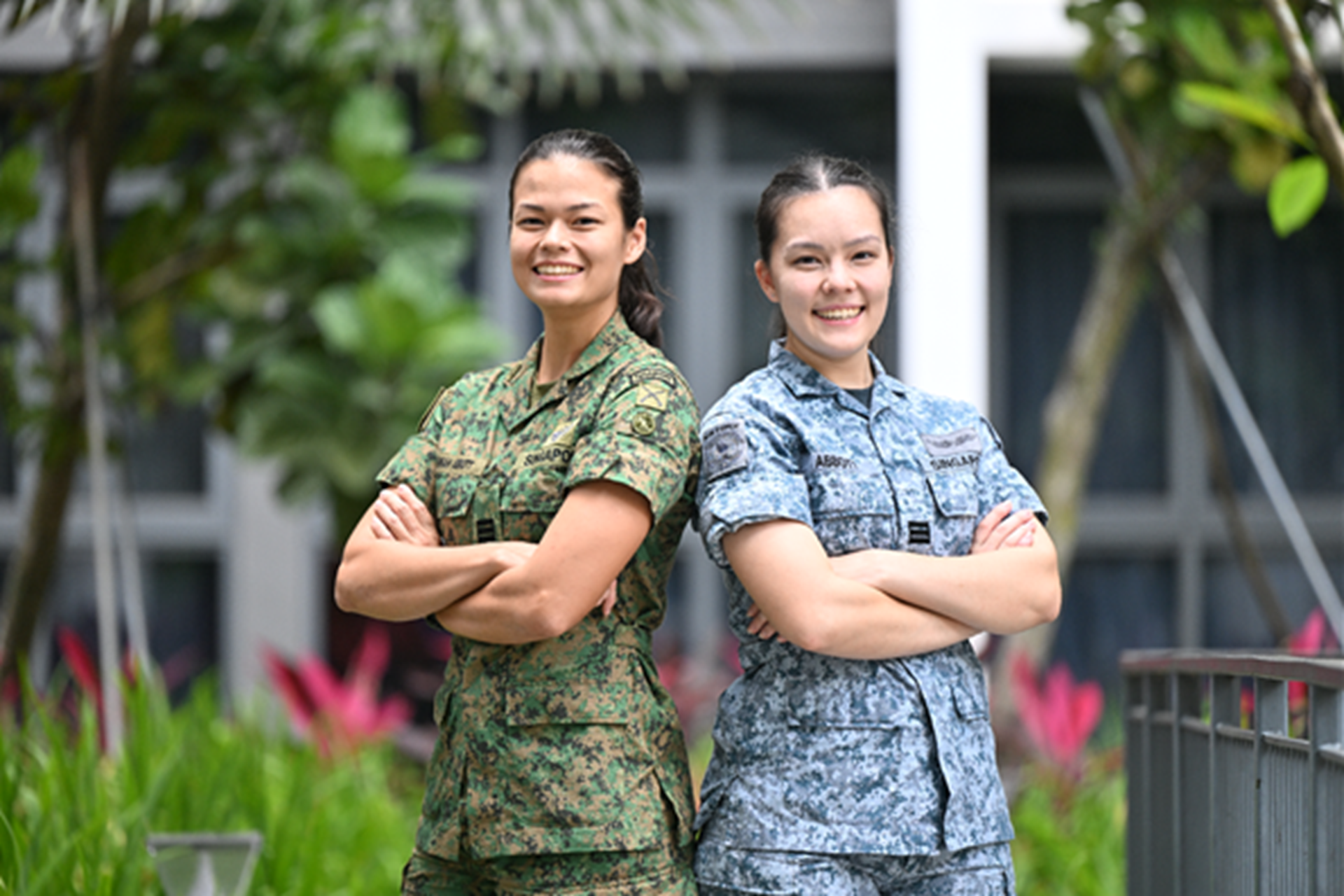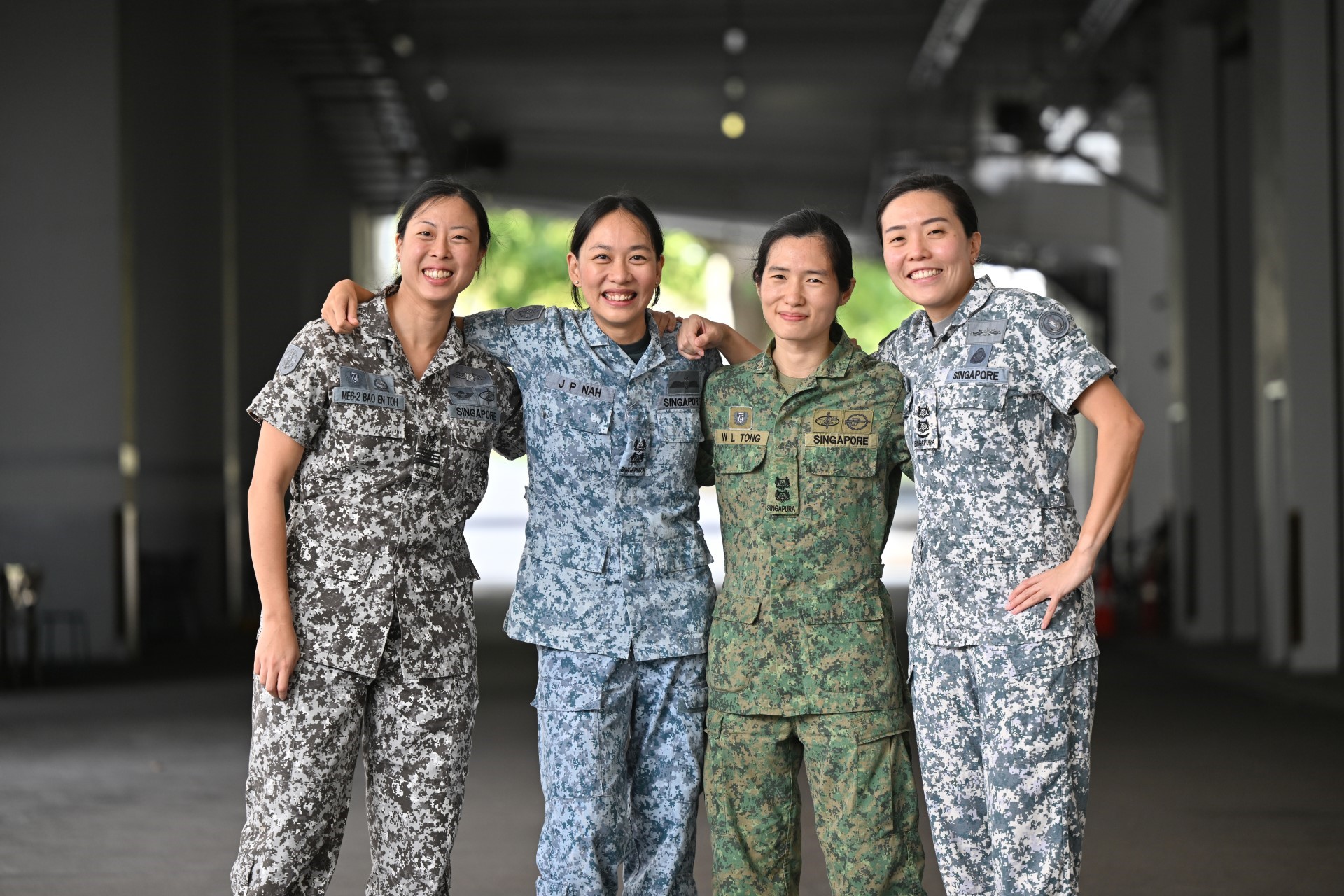STRENGTHENING MULTILATERAL TIES KEY TO REGIONAL STABILITY: MR HENG
"It is essential that all players work together to arrive at a new equilibrium. This necessarily involves give-and-take on all sides. While it may be difficult, we must do it and avoid a return to the pre-World War II system of bilateralism, or the Cold War-era bifurcation of global politics," said Senior Minister of State for Defence Heng Chee How at the 8th Moscow Conference for International Security.
Mr Heng was speaking during a plenary session on the topic of – Regional Security Aspects: Asia, Africa, and Latin America on 24 Apr on the urgent need for this new equilibrium, in the face of emerging protectionist and isolationist sentiments and United States-China rivalry in the Asia-Pacific region.
Other speakers on the panel included Bolivarian Republic of Venezuela's Secretary of the Defence Council Major-General Pascualino Angiolillo Fernandez, Central African Republic's Minister of National Defence Marie-Noelle Koyara, China's Minister of National Defence General (GEN) Wei Fenghe, Democratic People's Republic of Korea's Minister of the People's Armed Forces General No Kwang-Chol, Laos' Minister of National Defence Lieutenant-General Chansamone Chanyalath and Russia's Deputy Head of the Russian General Staff's Main Department Vice-Admiral Igor Kostyukov.
Elaborating on the two troubling trends, he noted that they challenged the spirit of multilateralism and undermined regional stability in the longer-run.
"More countries may be put in positions where they have to choose sides, whether deliberately or as an inadvertent and unfortunate outcome.… Such zero-sum approaches pose hard choices for regional states," he cautioned.
"As we search for this new equilibrium, it is essential that all sides find ways to manage disputes and prevent them from escalating. While some competition is to be expected between great powers, conflict is not inevitable."
To counter the two trends and strengthen multilateralism, Mr Heng put forth two ways defence ministries and militaries can help. First, maintain strong military-to-military cooperation and communication in order to build trust. He said: "Communication and a degree of trust between military establishments are essential in averting crisis and countering escalatory narratives."
Second, develop regional security institutions such as the ASEAN Defence Ministers' Meeting-Plus, which includes Australia, China, India, Japan, New Zealand, Republic of Korea, Russia, the US and the 10 ASEAN states, because such institutions provide important platforms to foster practical cooperation and dialogue, and consequently trust among member states.
The annual conference, held in Moscow, Russia from 23 to 25 Apr this year, brings together high-level defence, military, and foreign affairs leaders from around the world to discuss a range of security issues.
While in Moscow, Mr Heng also met Russia's Deputy Minister of Defence Colonel-General Alexander Fomin, China's GEN Wei, and Saudi Arabia's Deputy Minister of Defence His Royal Highness Prince Khalid Bin Salman bin Abdulaziz on the sidelines of the conference.
